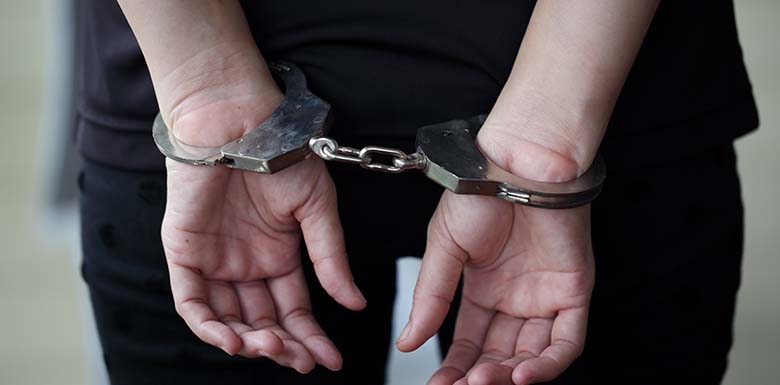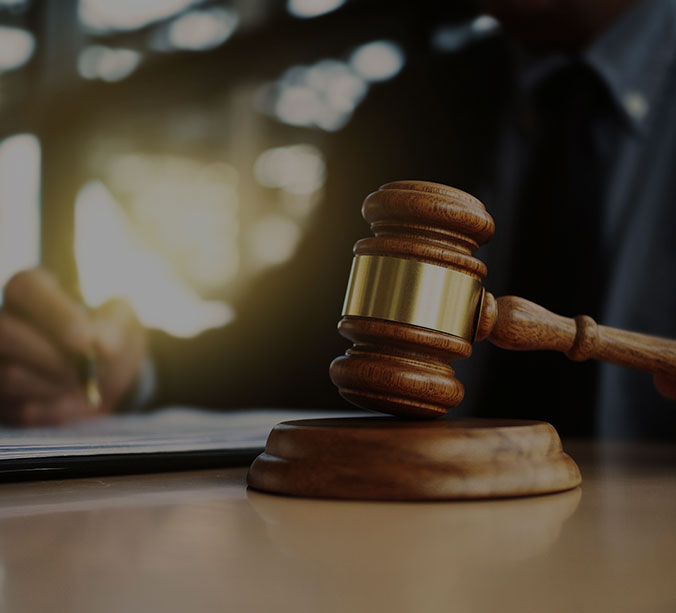
According to The Philly Voice, nearly two-thirds of Philadelphia residents say the city is on the wrong track. Concerns about high crime, drugs, and public safety were cited as the top grievances facing the City of Brotherly Love by more than 70%. This reflects a 29% increase from 2020.
The State of Crime in Philadelphia
There has also been no letup in violent crimes in Philadelphia in 2022, typically defined as homicide, rape, assault, and robbery, following a record-setting number of murders in 2021. Daily news stories depict gruesome crime scenes on the streets of Philly, most often in what are considered “high crime areas.”
But what does a “high-crime area “mean in Philadelphia? Does it offer the police more discretion? Does it increase your chances of being arrested there?
You’ll want to know your rights should that situation arise.
High Crime Areas in Philadelphia
With Philadelphia among the most dangerous American cities with populations of at least one million, it’s no surprise there are numerous areas to avoid. For example, the crime rate in Tioga-Nicetown, a neighborhood with just under 17,500, is 201% higher than the city’s average.
Allegheny-West is the city’s second most dangerous neighborhood. Comprised of just over 18,500 primarily low-income residents, the area suffers a crime rate 181% greater than the city’s average.
And “the Badlands” has long been known in Philadelphia for its robust drug markets and drug-related violence.
‘Stop-And-Frisk’ in High Crime Areas
But statistics are not confined to these neighborhoods. The impact is felt everywhere, with many Philadelphians asserting, “Every area is a high-crime area.” Others update the city’s moniker to “Killadelphia.”
And while more police making more arrests across the city sounds like an easy fix, it doesn’t do much if just being in a high-crime neighborhood can get a person arrested.
This relates to the practice of stop and frisk and the justification for stopping a person based on what section of the city they’re patrolling.
Updated Police Policies, Yet Stops Continue
After a lengthy legal battle alleging that thousands of people are illegally stopped, frisked, searched, and detained by the Philadelphia Police Department every year as part of its stop-and-frisk policy, the department has implemented a new policy on stop-and-frisk activities.
Starting in August 2022, while patrolling certain districts, police will ask people committing minor offenses, such as carrying an open container of alcohol, to stop the behavior and be on their way. Police will only stop, frisk, and question people who refuse to cooperate.
The impacted police districts are Philadelphia’s 2nd, 12th, 14th, 17th, 22nd, and 24th.
In another attempt to quell the violence across the city, the Philadelphia Police and the Pennsylvania State Police recently announced a partnership dubbed “Operation Trigger Lock.” The initiative pairs the local police with the state police to increase police presence in areas hardest hit by crime in the city.
The summer directive, expected to run through late August, aims to reduce gun violence in Philadelphia.
Here’s When & Where You Can Be Stopped
The Pennsylvania Supreme Court has held a person’s presence in a high-crime area does not present reasonable suspicion for police to stop them, let alone give probable cause for such a response. Moreover, speaking with known drug addicts or dealers is also not enough reason to stop a person.
However, being present in a high-crime area and running or walking away as police approach does justify a stop and search, according to the U.S. Supreme Court ruling in Illinois vs. Wardlow (2000). A 2004 Pennsylvania Supreme Court ruling agreed.
If you find yourself under police questioning or getting arrested, it is imperative to know your rights:
- Remain silent
- Ask for a lawyer immediately
Here’s an ACLU guide to your rights in different scenarios with the police.
If you are detained or questioned by the police, stay calm, cooperate, and keep your hands visible.
What If Your Rights Were Violated?
Details are invaluable if you believe the police violated your rights. Make a note of as much as you can remember of the incident, including the name(s) and badge number(s) of the officers involved, their license plate number, the agency they represent, and, if possible, the names and contact information of any potential witnesses.
You might need to file a formal complaint to jumpstart your case, so research the process before embarking.
Get Help from Philadelphia Defense Lawyer
If you or a loved one are arrested and charged with any crime after being stopped by police in Philadelphia or the surrounding region, contact a lawyer ASAP. An experienced criminal defense attorney can identify problems with the stop or search, negotiate with the prosecution to arrange a plea, and advocate for the best possible result in and out of court.
Call Fienman Defense at (215) 839-9529 or contact us online for a free and confidential consultation.
View All Blogs